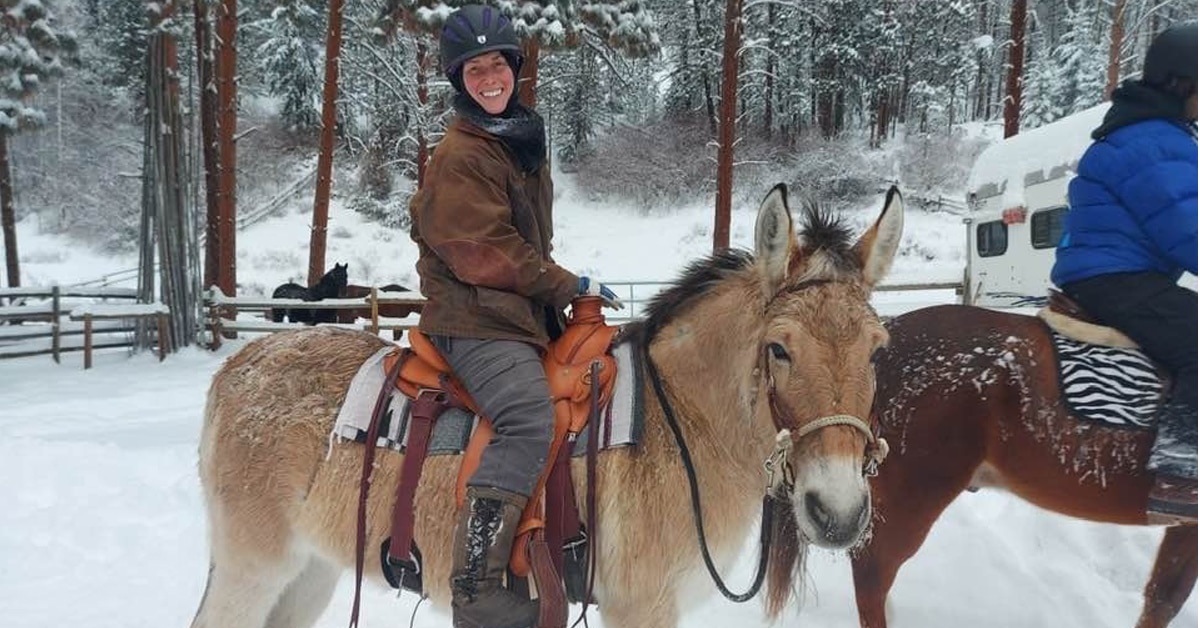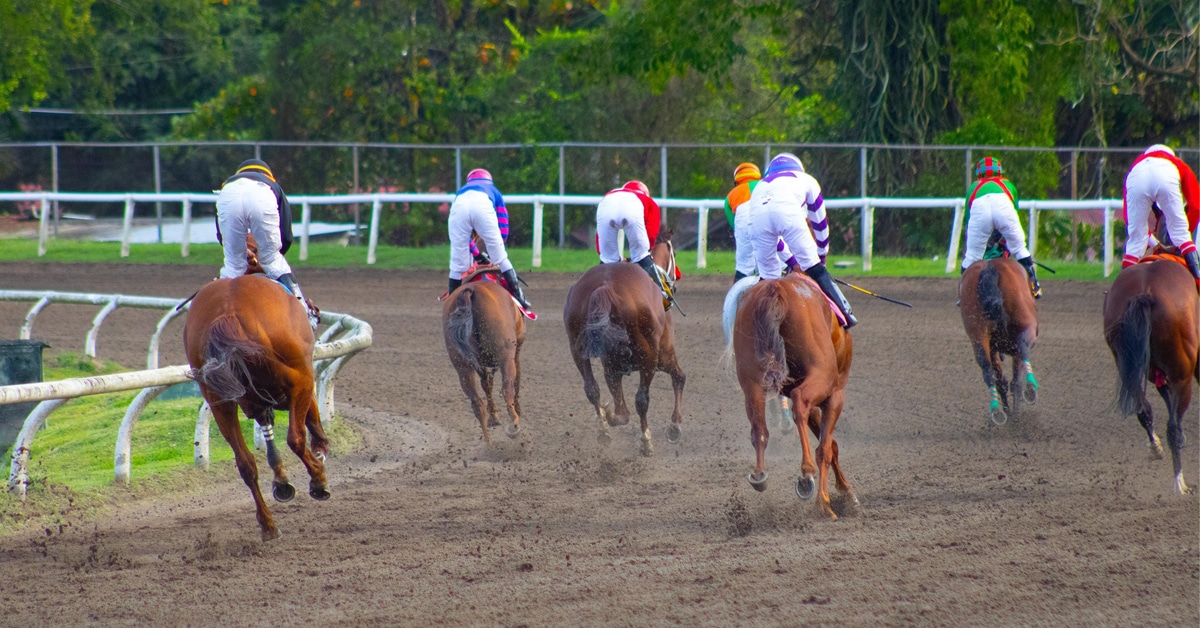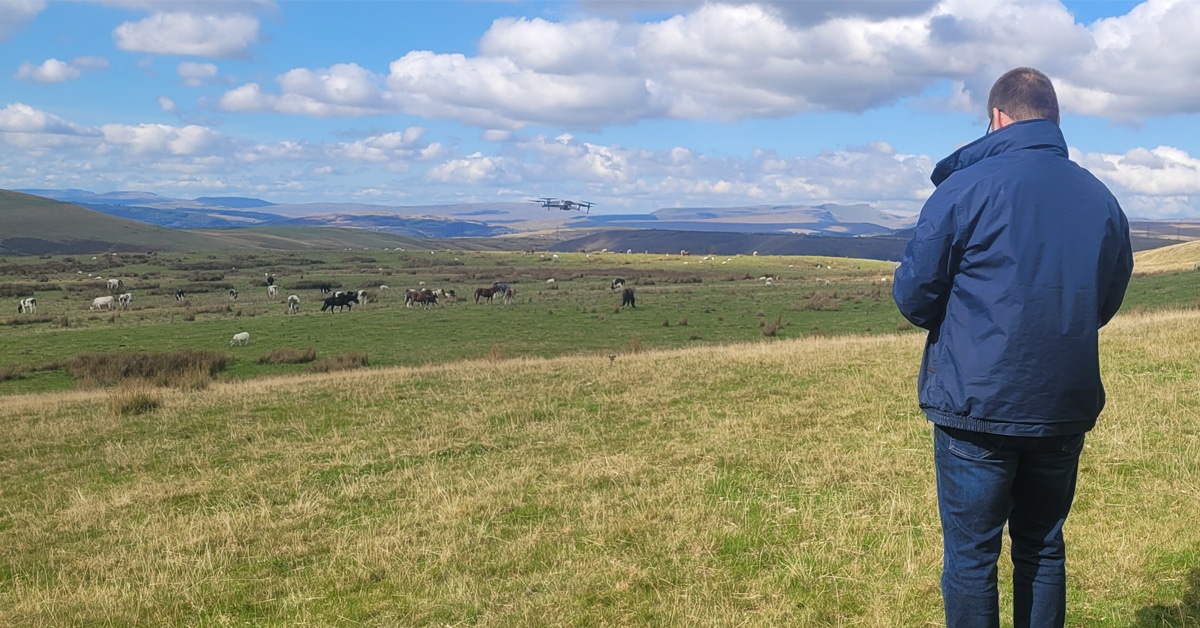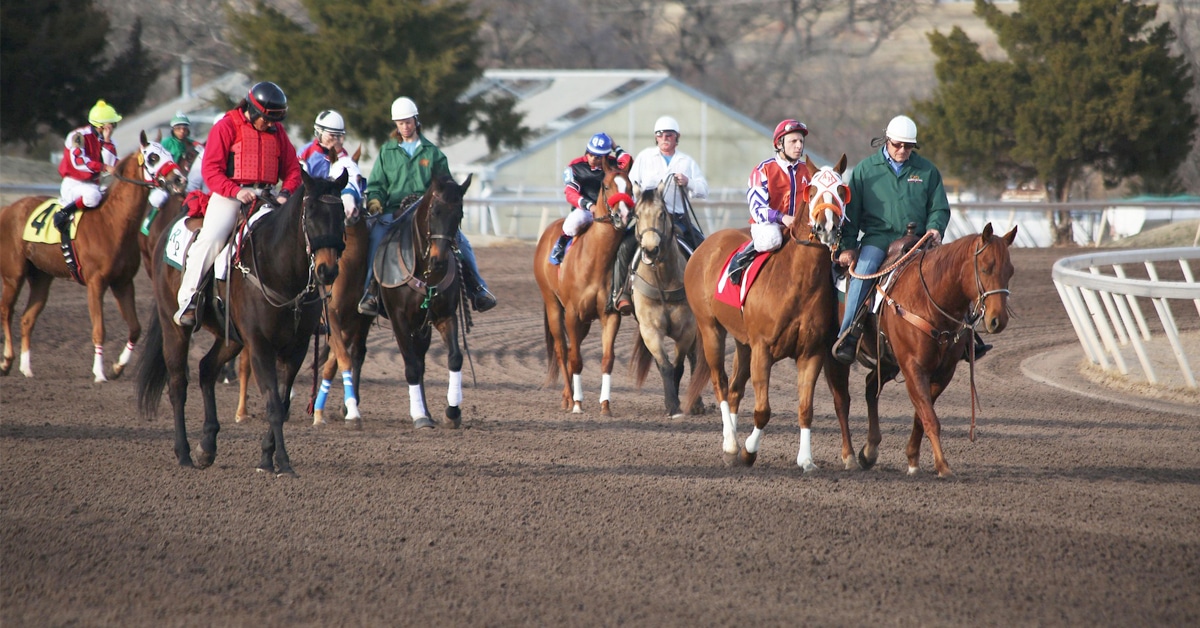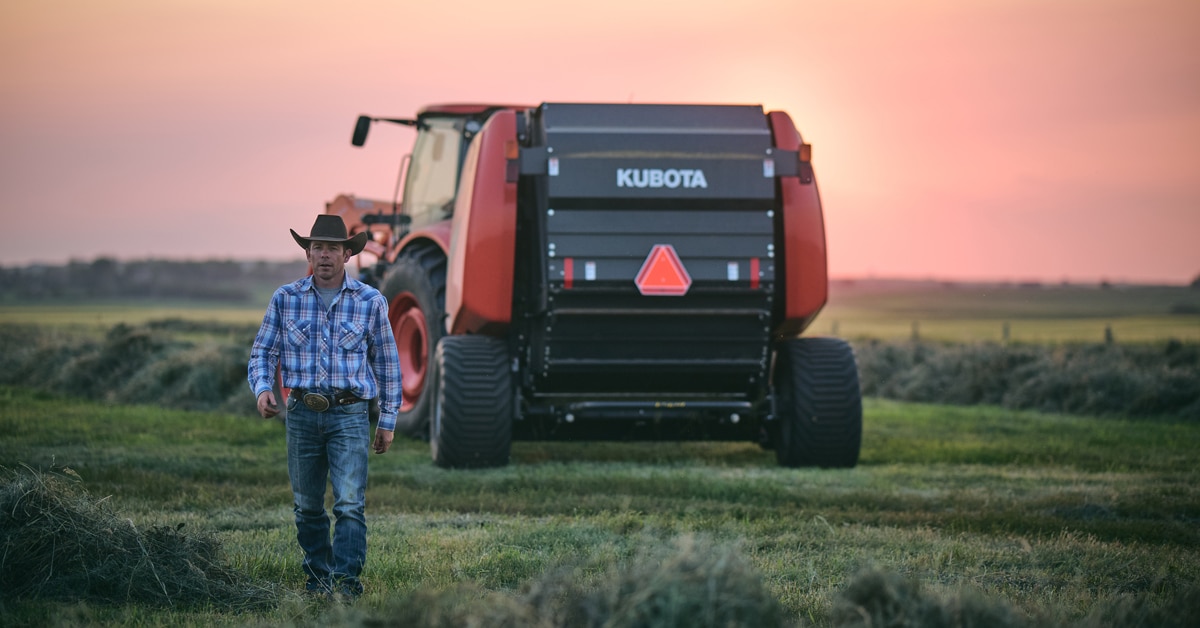Like their human owners, as horses age they get stiffer and have increased muscle soreness, due in part to joints losing lubrication and the cartilage becoming thinner. Ligaments can also shorten, which results in decreased flexibility, and arthritic changes are also factors in pain and stiffness.
If you have a senior horse in your life, you may notice that the animal comes out of the stall more stiffly, takes longer to warm up under saddle, or its quality of gaits have changed. There are ways to make your senior horse more comfortable and ensure optimum quality of life. As science and veterinary medicine have advanced, horses are living longer and thus need more intervention in order to be ridden longer or be pasture sound to enjoy their golden years.
When it comes to managing pain for your equine partner there are three main categories – supplements, NSAIDs, and injectable serum programs. Which pain solution suits your particular horse will depend on an assessment from your veterinarian, which can involve flexion tests or diagnostic testing such as X-rays, and budget may also play a factor.
Supplements
There are a wide range of supplements available at the local feed store and tack shop that promise to relieve pain and inflammation. None of these require a veterinary prescription and are added to your horse’s feed – but buyer beware.
“Joint care products can be a very effective strategy for preventing long-term damage caused by excessive use and periodic injuries,” writes Wendy Pearson, now an associate professor at OAC, with a focus on nutraceuticals and non-drug veterinary pharmaceuticals. “But the vastly diminished oversight on this industry by government regulators is reflected in the highly variable quality of products that are available.”
In other words, many supplements on the market are not backed by third-party or peer review studies. To avoid spending money that won’t benefit your horse, choose a supplement from a manufacturer that has researched the efficacy of their products.
Products with methylsulfonylmethane (MSM), glucosamine, chondroitin sulfate, Omega-3s, and hyaluronic acid are some of the top ingredients in joint care with studies backing them up. Brand names such as Cosequin and Mad Barn are well known in the industry.
NSAIDs
Nonsteroidal anti-inflammatory drugs (NSAIDS) are common pain meds; in the human sphere they take the shape of Aleve and Advil. For horses the most common ones are phenylbutazone (Bute), flunixin meglumine (Bananine), and firocoxib (Previcox, Equioxx, PrevEquine). All three are available in pill and injectable form, but do require a vet to prescribe them.
Most horse owners are familiar with Bute and Banamine and stable managers should have these on hand for emergencies. Banamine is used most often to control colic pain, but can be used for other injuries. Bute is a common pain reliever for muscle and join pain and inflammation and is often given for two to three days following a sudden injury or lameness.
As with the human medicine, there is risk of gastrointestinal issues and kidney damage associated with NSAIDs. This risk is why Bute and Banamine are used for short-term relief only and should never be used together.
Prevequine is also for muscles and joints discomfort, but the formulation doesn’t cause the same stomach upset and can be used for a longer term. It is PrevEquine that is most often dispensed for senior horses to make them more comfortable, even when retired to pasture.
Injections
During a horse’s competitive career, an owner might choose to have their animal’s joints injected for comfort. Vets injecting directly into hock, stifle, fetlock and sacroiliac joints are the most common. Once a horse reaches a certain age, vets will back off from this treatment modality, but there are injectable treatments for older horses.
“As we get into senior horses that have mild arthritis in multiple joints and so are overall stiffer, rather than having a specific lameness issue that we are trying to treat, I don’t know that just starting to treat joints is the way to go,” says Dr. Kate Robinson, associate vet at McKee Pownall Equine Services. “And you may see decline after those injections wear off, but I do think those patients maybe do benefit even more from things like Adequan or IV Legend.”
Adequan is a polysulfated glycosaminoglycan or PSGAG. Glycosaminoglycans (GAGs) are naturally produced by the body and are components in the growth of cartilage. Adequan works by binding to other GAGs in the joints to prevent further worsening arthritic changes, it blocks the release of enzymes that degrade joint cartilage, and it promotes collagen production in the joint.
Legend contains a hyaluronic acid which is also naturally found in horses (and humans) and lubricates joints.
Robinson recommends that if you begin with either of those treatments an owner needs to commit to the treatment plan, which is often weekly or months shots. “Keeping them on a regular program as recommended by the label is more likely to give them some relief and for you as the rider to see results.”
And finally, simple management practices such as regular exercise and/or turnout, having saddle fit checked, keeping hooves trimmed, providing soft, adequate bedding, keeping him warm with blanketing and maintaining a healthy weight (obesity will put more strain on joints) will ensure his final years are good ones.
The Latest

